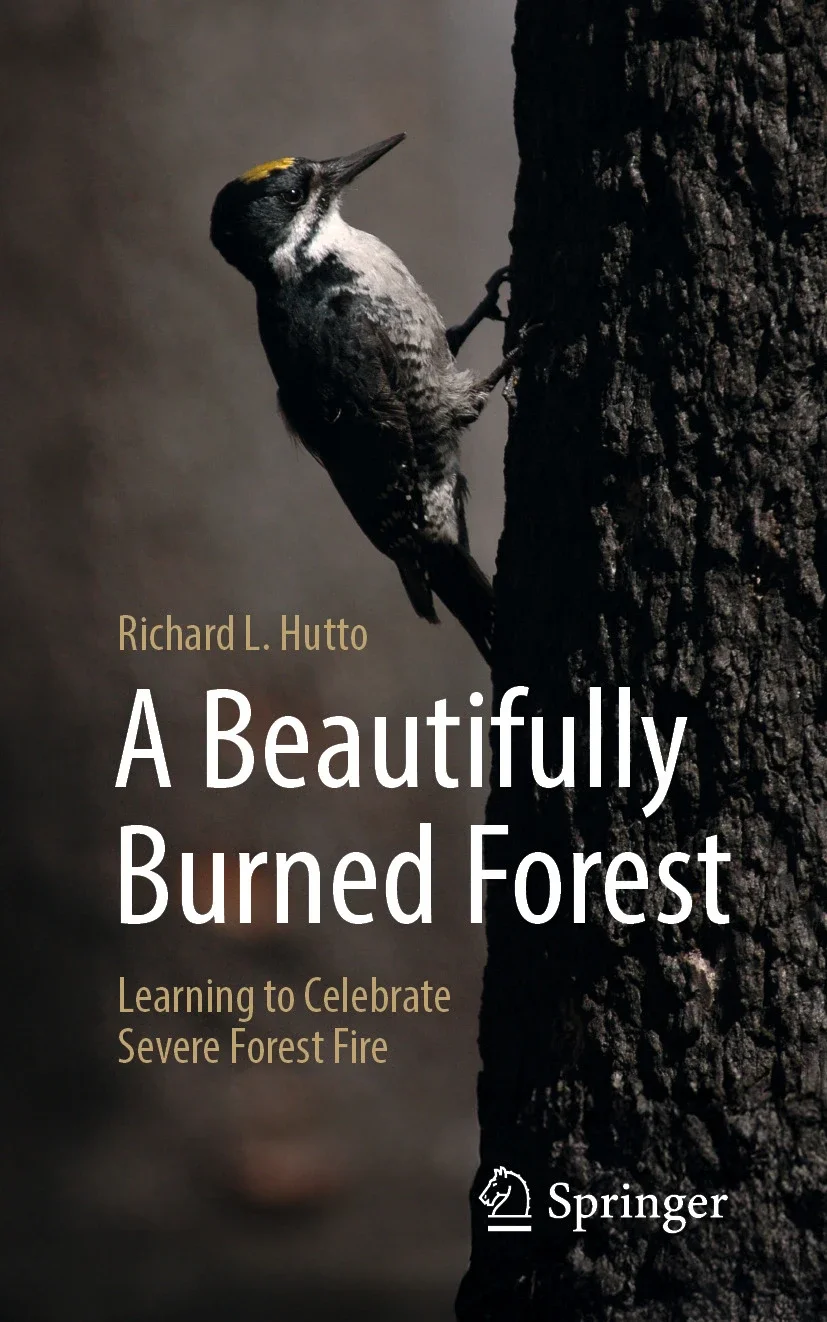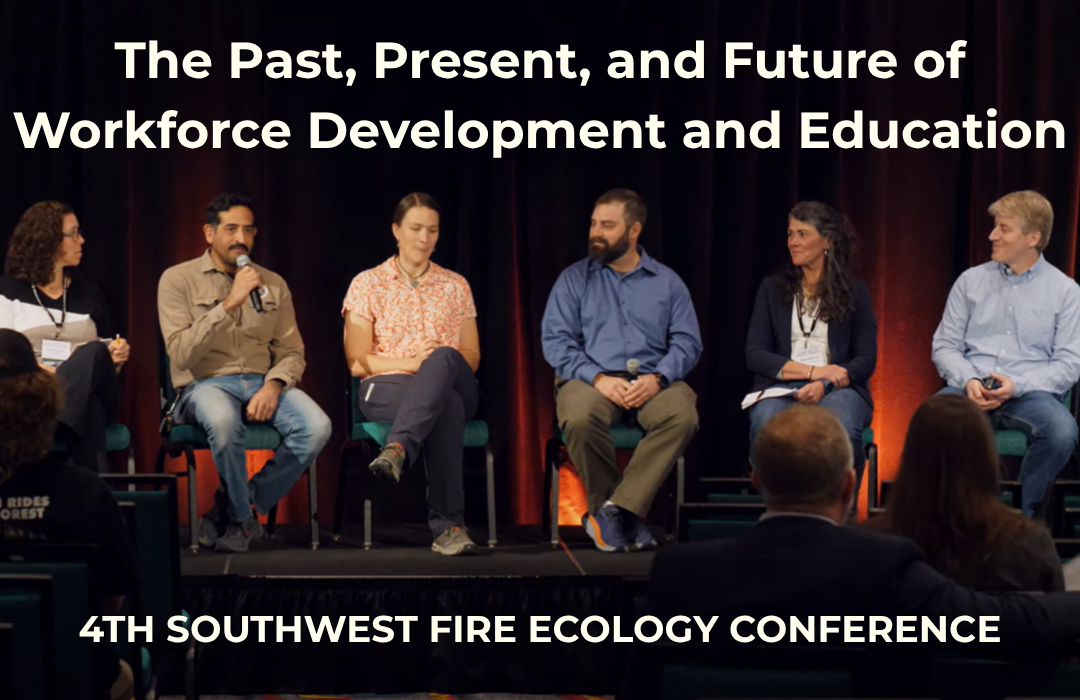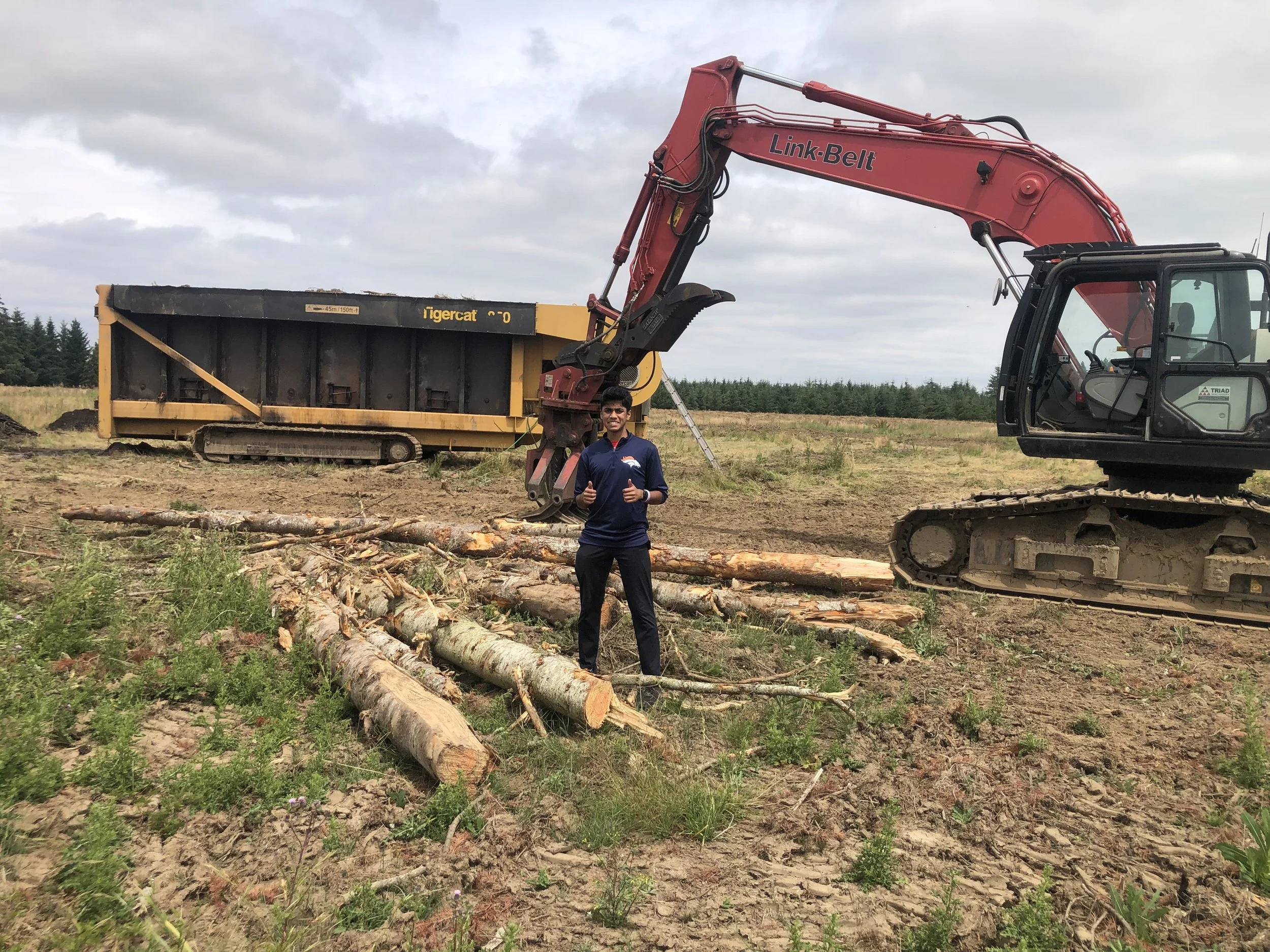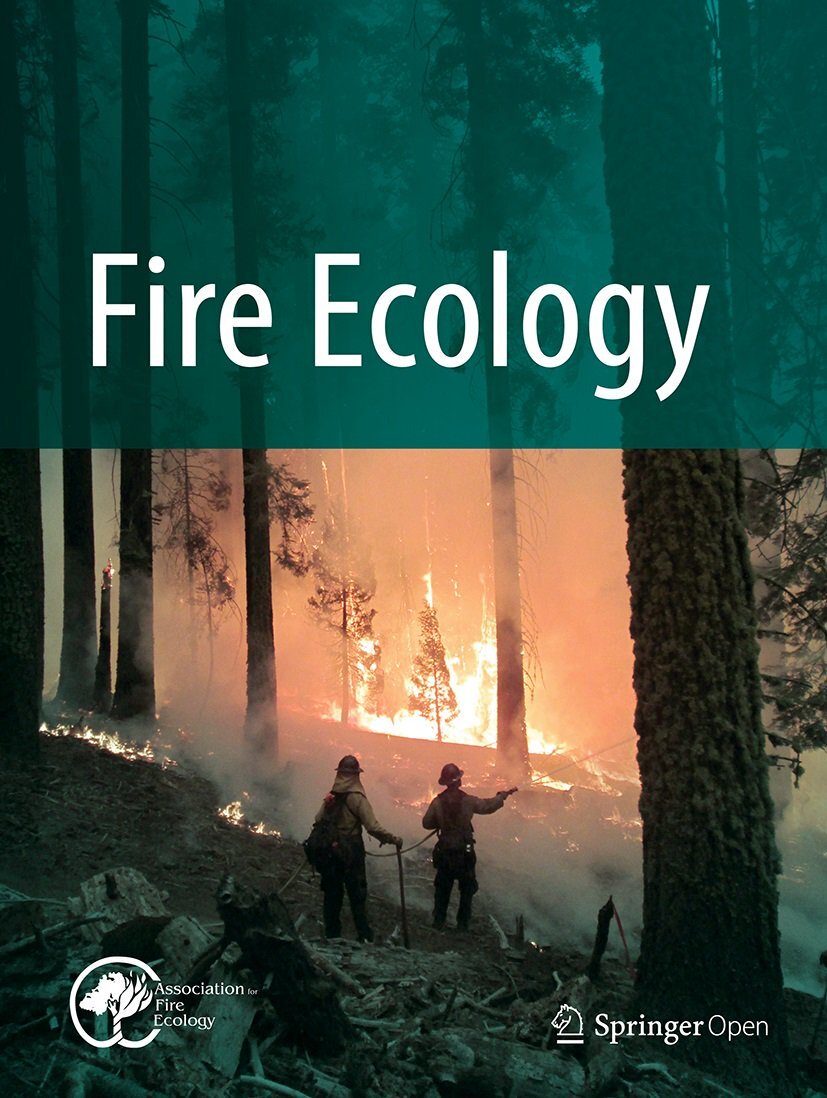Promoting Fire Ecology Research, Education, and Management
The Association for Fire Ecology is an international organization dedicated to improving the knowledge and use of fire in land management. We are scientists, educators, students, managers, practitioners, policymakers, and interested citizens helping to shape the emerging profession and growing field of fire ecology.
AFE news
Join us for #FireCon2025 this fall!
The 11th International Fire Ecology and Management Congress will be held in New Orleans, Louisiana from December 2-6, 2025 with workshops, field trips, and 3 full days of presentations, discussion groups, and networking opportunities.
Contribute to an international study on wildfire resilience, which is gathering place-based insights into the opportunities and challenges of building resilience across fire-prone regions worldwide.
A Beautifully Burned Forest: Learning to Celebrate Severe Forest Fire by Dr. Richard Hutto explores the beauty and ecological importance of severe fire.
A recent issue of Philosophical Transactions of the Royal Society B delves into novel fire regimes under human influence and climate change.
A recording of The Past, Present, and Future of Workforce Development and Education panel from the 4th Southwest Fire Ecology Conference has been uploaded.
Applications are now being accepted for the 2025 professional and academic wildland fire certification program.
The 2026 Joint Fire Science Program Funding Announcements are now open and close September 18th, 2025.
AFE's Mentoring Futures Program cultivates the future of wildland fire and resource conservation by investing in future leaders. The application due date for the 5th year of this program has been extended to June 25th.
Proposals will be accepted for special sessions, workshops and trainings, and fire circle discussion groups until May 15th, 2025. Submit yours today and we’ll see you at the 11th International Fire Ecology and Management Congress 2025!
fire ecology Journal
Upcoming EVENTs
Save the date for the 11th International Fire Ecology and Management Congress in New Orleans, Louisiana!
SAFE Chapter News
The Student Association for Fire Ecology has created a Discord server for students to connect with other students across the country!
Read AFE’s interview with Sohan Govindaraju, a high school student researcher who developed a model to optimize camera placement for early detection of wildfires.
AFE is pleased to award two students with the Wayne Harrison Memorial Scholarship in 2025.
LATEST JOB POSTINGS
The School of Environmental and Forest Sciences at the University of Washington is looking for a temporary, 12-month Research Scientist to serve as a Geospatial Data Analyst for a Wildfire-Fuel Treatment Outcomes research project.
The School of Environmental and Forest Sciences, University of Washington, in partnership with the USFS Pacific Northwest Research Station, is seeking a full-time (100% FTE) postdoctoral scholar with expertise in fire modeling and remotely sensed data to support innovative research.
The Ember Alliance is seeking a Community Wildfire Protection Plan Project Manager who will provide integral project guidance and support to The Ember Alliance’s RCE (Resilient Communities and Ecosystems) team.
The Ember Alliance is seeking a Community Wildfire Protection Plan Assistant Project Manager who will be responsible for assisting with duties as needed by Project Managers and the RCE (Resilient Communities and Ecosystems) Program Manager who supervises CWPP project managers within the RCE Department.
afe podcast: Fire Ecology Chats
Astrid Sanna, Alina Cansler, and Craig Bienz discuss evaluating fuel treatments of fire suppression operations through the 2021 Bootleg Fire of South-Central Oregon.
Niko Tutland and Andreas Wion discuss building 3D fuel bed models for next generation fire models.
Bruno Aparício and José Pereira discuss how we can combine linear fuel break networks with fuel treatment mosaics to have a synergistic effect on reducing wildfire.























An article recently published in Fire Ecology examines using herbivory as a supplement to prescribed fire in areas with limitations.